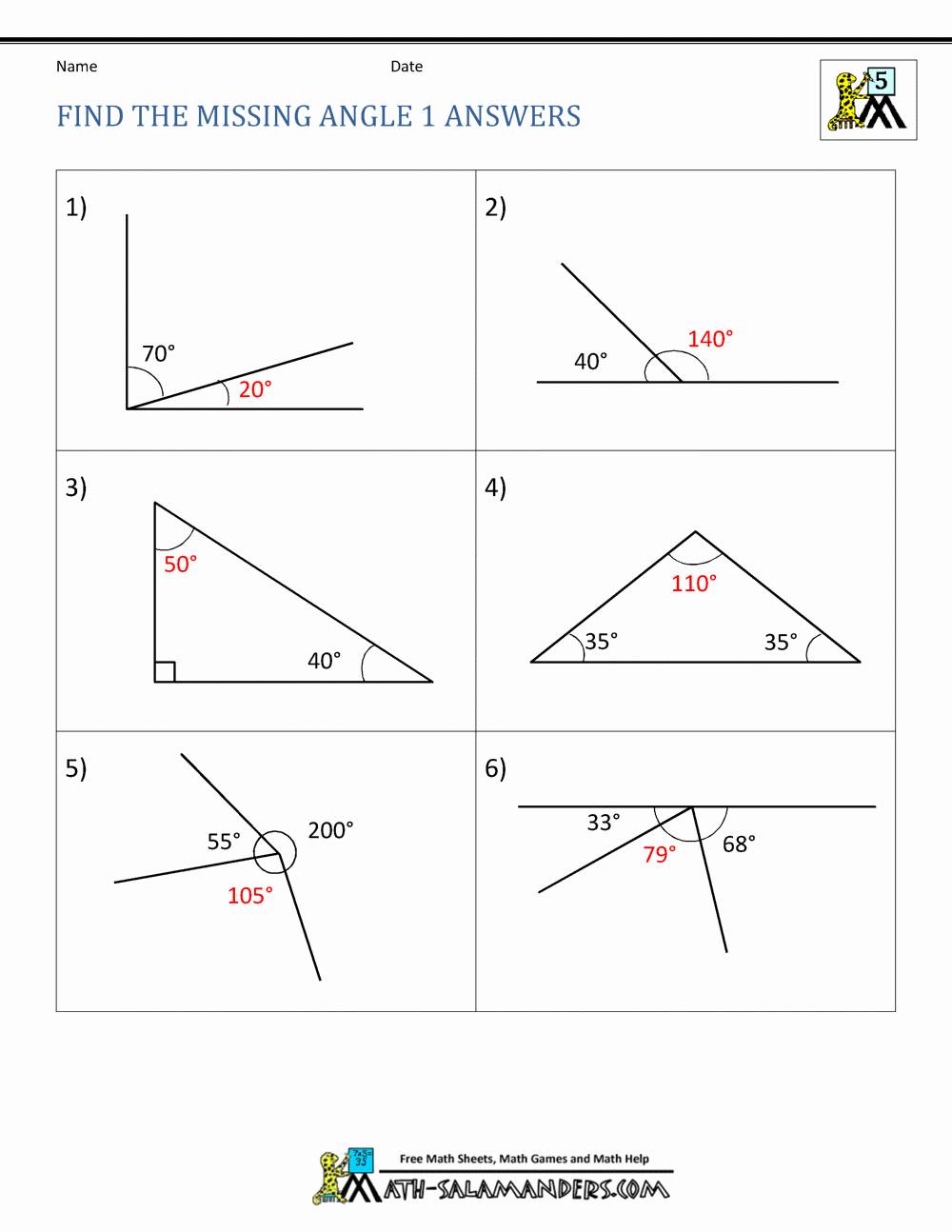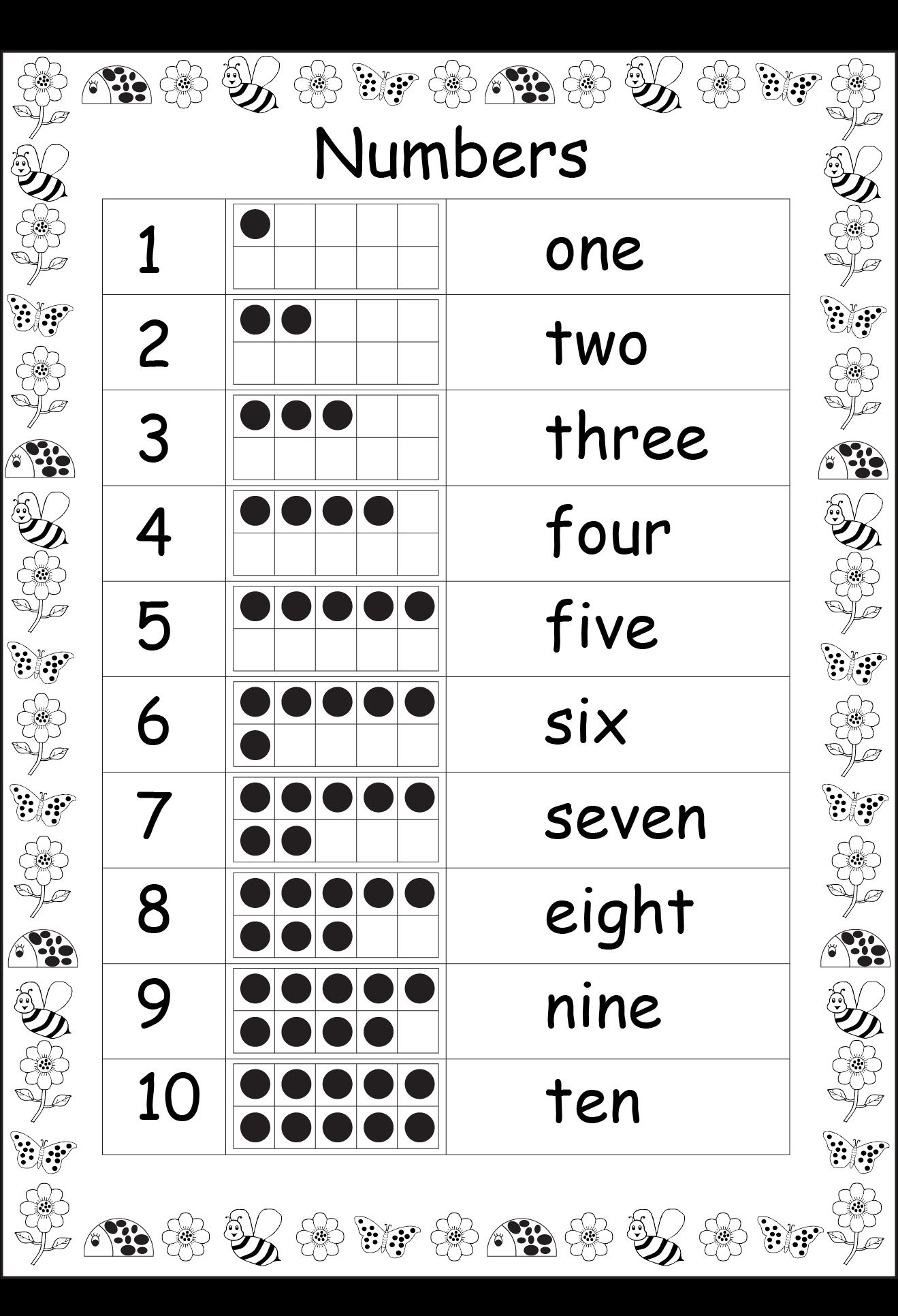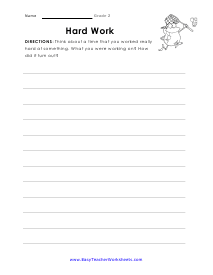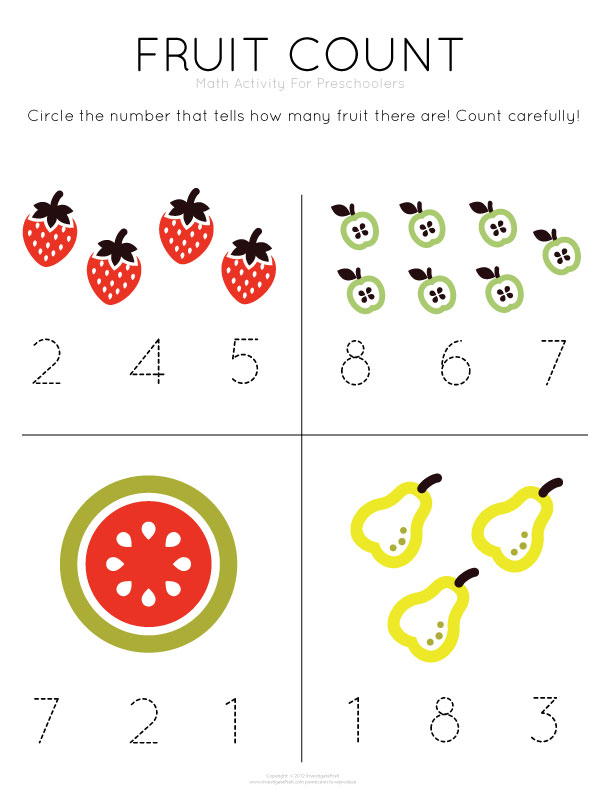Inferences Worksheet 2: Sharpen Critical Thinking Skills Quickly
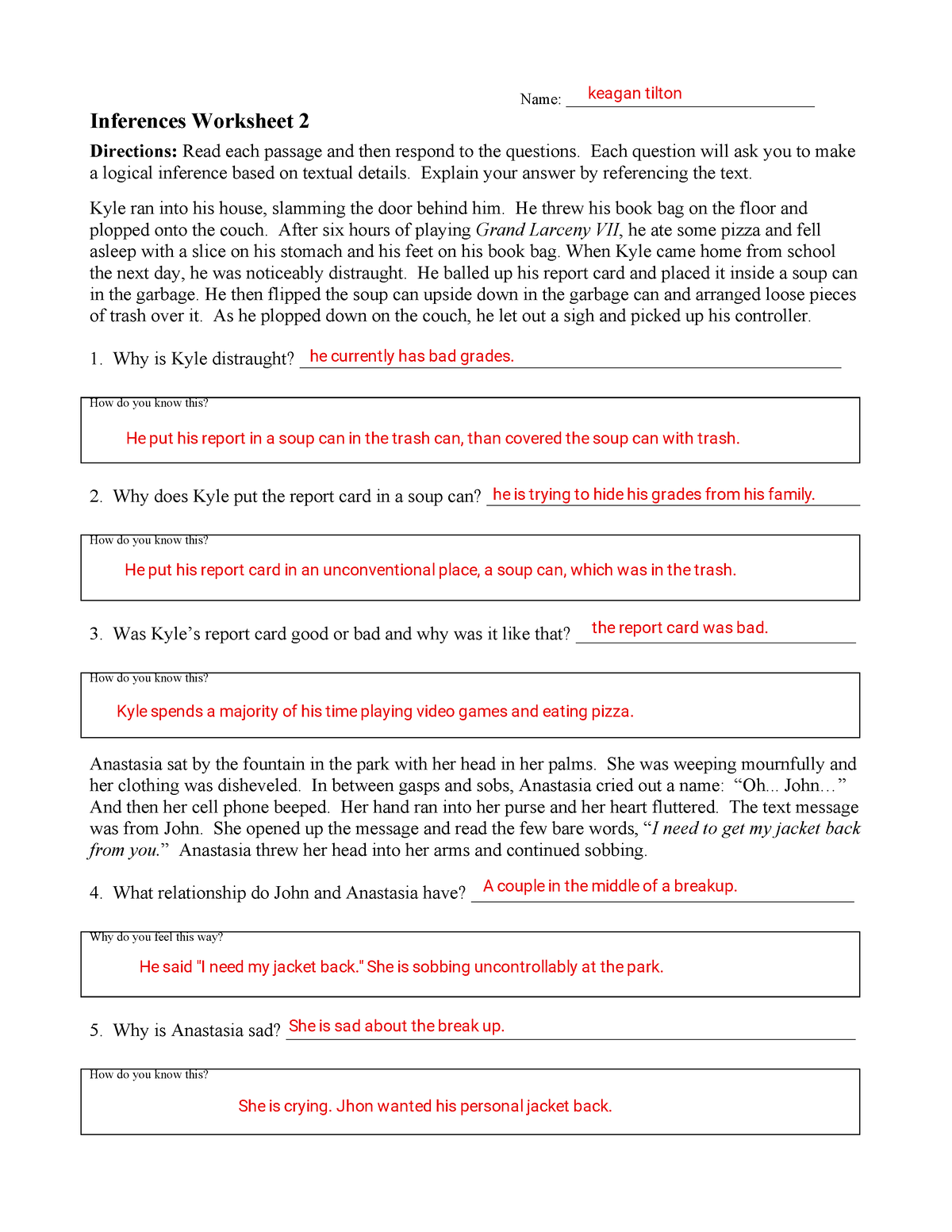
Improving Critical Thinking with Inferences
Developing critical thinking skills is essential in today’s fast-paced world. One effective way to sharpen these skills is by practicing inferences. Inferences are conclusions or deductions made based on the information provided. This skill is vital in various aspects of life, including academics, career, and personal decision-making. In this blog post, we will delve into the world of inferences, discussing their importance, types, and providing a worksheet to help you improve your critical thinking skills.
Why are Inferences Important?
Inferences play a significant role in our daily lives. We use inferences to:
- Make decisions: Inferences help us evaluate information, weigh the pros and cons, and make informed decisions.
- Solve problems: By making inferences, we can identify patterns, connections, and relationships between ideas, which aids in problem-solving.
- Understand complex information: Inferences enable us to grasp complex concepts, interpret data, and understand abstract ideas.
- Improve communication: Inferences help us understand others’ perspectives, opinions, and intentions, leading to more effective communication.
Types of Inferences
There are several types of inferences, including:
- Inductive Inference: This type of inference involves making a generalization based on specific observations. For example, “I’ve seen three birds with blue feathers; therefore, all birds have blue feathers.”
- Deductive Inference: This type of inference involves drawing a specific conclusion based on a general rule. For example, “All mammals have four legs. Cats are mammals; therefore, cats have four legs.”
- Abductive Inference: This type of inference involves making an educated guess based on incomplete information. For example, “I see a piece of torn fabric caught in a bush. I infer that someone must have ripped their clothes while walking through the bush.”
Inferences Worksheet 2: Sharpen Critical Thinking Skills Quickly
Now that we’ve discussed the importance and types of inferences, it’s time to put your critical thinking skills to the test. Below is a worksheet with 10 inference questions. Read each passage carefully, and then make an inference based on the information provided.
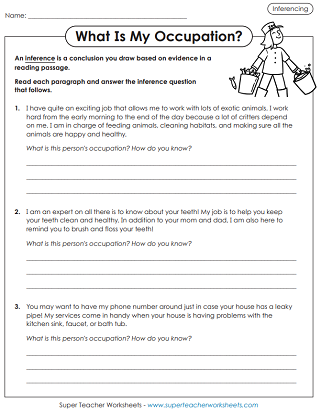
| Passage | Inference |
|---|---|
| John has been studying for his exam for three hours. He has reviewed all the notes and feels confident about the material. | _____________________________________________________ |
| A survey of 100 people showed that 80% of them preferred chocolate ice cream over vanilla. | _____________________________________________________ |
| Sarah has been feeling tired and sluggish all day. She hasn't been sleeping well lately and has been eating a lot of junk food. | _____________________________________________________ |
| A company has been experiencing financial difficulties. They have laid off several employees and are considering downsizing. | _____________________________________________________ |
| Emily has been practicing her piano lessons for six months. She has shown significant improvement and can play complex songs with ease. | _____________________________________________________ |
| A study found that people who exercise regularly have a lower risk of developing heart disease. | _____________________________________________________ |
| David has been saving money for a new car. He has been researching different models and has test-driven a few cars. | _____________________________________________________ |
| A recent study showed that students who attend school regularly tend to perform better academically. | _____________________________________________________ |
| Michael has been feeling anxious about his upcoming presentation. He has been preparing for weeks and is confident about the material. | _____________________________________________________ |
| A company has seen a significant increase in sales after launching a new marketing campaign. | _____________________________________________________ |
📝 Note: Take your time to read each passage carefully, and then make an inference based on the information provided.
Answer Key
Compare your answers with the answer key below:
- John is likely to do well on his exam.
- Most people prefer chocolate ice cream over vanilla.
- Sarah’s lifestyle is affecting her energy levels.
- The company is experiencing financial difficulties due to poor management.
- Emily has a natural talent for playing the piano.
- Regular exercise can help reduce the risk of heart disease.
- David is likely to buy a new car soon.
- Regular school attendance is crucial for academic success.
- Michael’s anxiety is affecting his performance.
- The new marketing campaign was successful in increasing sales.
📝 Note: Remember, inferences are not always 100% accurate, but they can help us make educated guesses based on the information provided.
In conclusion, inferences are a crucial aspect of critical thinking. By practicing inferences, you can improve your ability to make informed decisions, solve problems, and understand complex information. Remember to take your time when making inferences, and don’t be afraid to revisit the information provided to ensure accuracy.
What is an inference?
+An inference is a conclusion or deduction made based on the information provided.
Why are inferences important?
+Inferences help us make informed decisions, solve problems, and understand complex information.
What are the different types of inferences?
+There are three types of inferences: inductive, deductive, and abductive inferences.
How can I improve my inference skills?
+You can improve your inference skills by practicing critical thinking exercises, such as the inferences worksheet provided in this blog post.
What is the difference between an inference and a fact?
+A fact is a statement that can be proven or disproven, while an inference is a conclusion or deduction made based on the information provided.
Related Terms:
- Inference Worksheet 3
- Inferences Worksheet 1
- Inferences Worksheet 3 Answers
- Inferences Worksheet 8
- Making inferences Worksheet answers
- 3 inference
